 New York State residents have until July 2 to share their views about a proposal by Verizon Communications that would allow the company to drop landline service in rural upstate New York and other locations and replace it with a wireless substitute — Voice Link, as its sole service offering.
New York State residents have until July 2 to share their views about a proposal by Verizon Communications that would allow the company to drop landline service in rural upstate New York and other locations and replace it with a wireless substitute — Voice Link, as its sole service offering.
Stop the Cap! has covered the issue of rural landline service extensively since 2008. In the past few years, while CenturyLink, Windstream, FairPoint, and Frontier have developed business plans to sell lucrative landline telephone and broadband service in rural areas, AT&T and Verizon have proposed abandoning their landline networks in certain areas in favor of wireless.
Verizon has sought to stop offering rural landline service in areas where it feels no longer economically justified providing it. It ultimately means dismantling communications infrastructure that has provided reliable voice telephone service for more than 100 years.
 Voice Link is first being introduced as Verizon’s “sole service” for beleaguered residents living on the western half of Fire Island, which was devastated by last fall’s Hurricane Sandy. Verizon does not want to foot the bill to rebuild and repair the damaged copper wire infrastructure and does not believe installing its fiber optic network FiOS is economically justified either. That leaves residents with one option for basic phone service: Voice Link.
Voice Link is first being introduced as Verizon’s “sole service” for beleaguered residents living on the western half of Fire Island, which was devastated by last fall’s Hurricane Sandy. Verizon does not want to foot the bill to rebuild and repair the damaged copper wire infrastructure and does not believe installing its fiber optic network FiOS is economically justified either. That leaves residents with one option for basic phone service: Voice Link.
Unfortunately, many of the residents now encountering Voice Link have told the Public Service Commission it has proven unreliable or unsatisfactory and represents a downgrade from the landline service they used to have. (Stop the Cap! has repeatedly offered to test Voice Link’s workability and sound quality ourselves, but Verizon has not taken us up on that offer.)
The company does admit Voice Link is incompatible with basic data services, which means Verizon customers using Voice Link will lose DSL and dial-up Internet access. It also does not work with fax machines, home alarms, and medical monitoring services. Verizon has promised to address these issues in the future, but has offered no timeline or guarantees. Instead, it suggests customers consider purchasing added-cost services from Verizon Wireless, which could cost some residents hundreds of dollars a month for phone and broadband service.
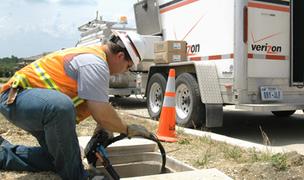 Stop the Cap! believes Voice Link should be offered only as an optional service for customers who wish to use it. In its current form, it is unsuitable, unproven, and insufficient to serve as Verizon’s sole offering, particularly when the company is the carrier of last resort for many rural residents, as well as those on Fire Island.
Stop the Cap! believes Voice Link should be offered only as an optional service for customers who wish to use it. In its current form, it is unsuitable, unproven, and insufficient to serve as Verizon’s sole offering, particularly when the company is the carrier of last resort for many rural residents, as well as those on Fire Island.
At the very least, Verizon must be compelled to offer an equal or better level of service, not diminish it. That means better voice quality, rock solid cell coverage, an equivalently priced, unlimited wireless broadband service option for DSL customers, and compatibility with the data services that are now supported over the plain old telephone network.
The Commission should also explore the true costs of repairing and/or replacing wired infrastructure before allowing the company to dismantle it. Once the wired infrastructure is removed, the costs to provision rural New York with fast, reliable, wired broadband service in the future will become prohibitive. Wireless service is no panacea for rural New York, where coverage issues abound, especially in the mountainous areas upstate and across the rolling hills of the Southern Tier. Verizon’s lawyers admitted as much when they wrote the terms and conditions governing Voice Link and other wireless services, walking away from significant liability if calls to 911 go unconnected:
“In the absence of gross negligence or willful misconduct by Verizon, our liability to you, to anyone dialing 911 using the Service, or to any other person or party, for any loss or damage arising from any acts, errors, interruptions, omissions, delays, defects, or failures of 911 services or emergency personnel, whether caused by our negligence or otherwise, shall not exceed the amount of our charges for such Services during the affected period of time. This limitation of liability is in addition to any other limitations contained in this Agreement.”
In other words, Verizon’s only responsibility is to credit your account for the time you could not reach 911 or your call summoning help was dropped. You will see that credit reflected on a future bill, assuming you are still among the living when the emergency is over.
We strongly urge our fellow New Yorkers to share their personal views about Voice Link as a landline substitute with the PSC. This issue is important not only to Fire Island but to the rest of rural upstate New York as well, particularly pertaining to whether customers will have broadband service or not. Verizon management has clearly stated their agenda is to retire copper landline service and replace it with wireless in non-FiOS areas deemed too costly or unprofitable to keep up or upgrade.
Sharing your views is fast and easy and can be done in several ways. Be sure to reference “Matter/Case: 13-00986/13-C-0197” in your comments and include your contact information. All submissions will become publicly viewable on the Commission’s website under the “Public Comments” tab. You can find submissions from Stop the Cap! there as well.
Write (U.S. Mail):
Hon. Jeffrey C. Cohen, Acting Secretary
New York State Public Service Commission
Three Empire State Plaza
Albany, New York 12223-1350
E-Mail:
Online Comments:
You can post comments directly to the Commission’s Document and Matter Management System (DMM). Choose the “Post Comments” link on the upper-right of your screen. An online submission form will appear asking for your contact information. You can include your comments in the provided text box on that form or attach a .PDF, .DOC, or .TXT file.


 Subscribe
Subscribe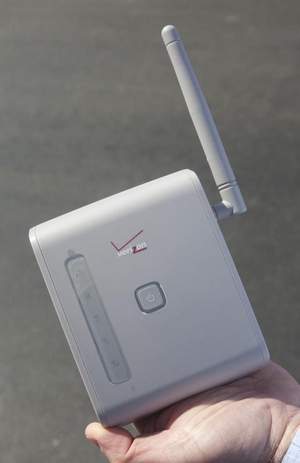
 The union considers Verizon’s wireless alternative less adequate than the wireline facilities Verizon wants to abandon. The CWA wants the PSC to study Voice Link’s performance during times of peak cellular usage times, power outages, adverse weather, and inadequate reception.
The union considers Verizon’s wireless alternative less adequate than the wireline facilities Verizon wants to abandon. The CWA wants the PSC to study Voice Link’s performance during times of peak cellular usage times, power outages, adverse weather, and inadequate reception.

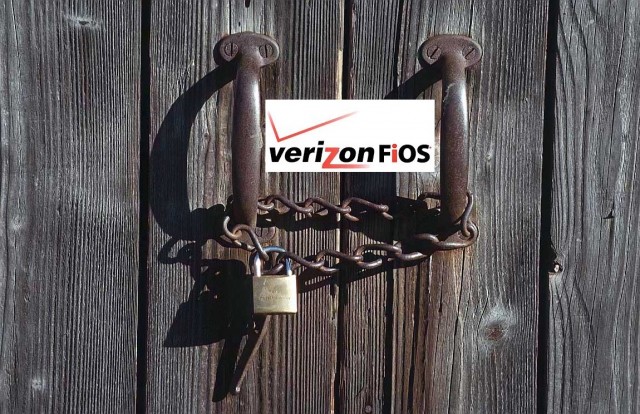
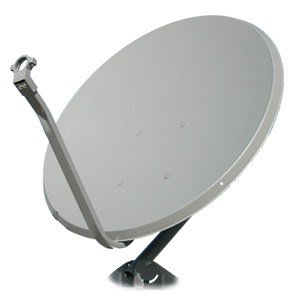
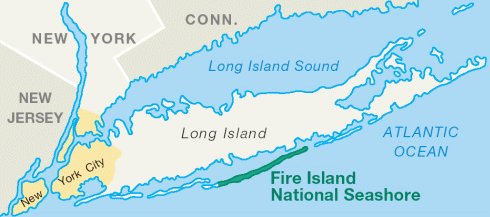 Verizon Communications has filed a formal tariff
Verizon Communications has filed a formal tariff 